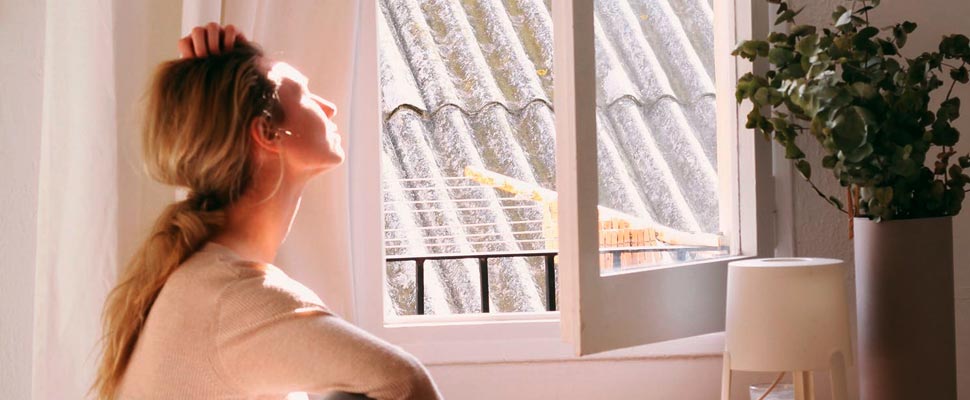Do we avoid doing the things we liked before the coronavirus?
Despite the fact that some restrictions were lifted in Latin America, we could be avoiding going back to these activities for fear of contagion.

Fear of contagion may be causing us to avoid doing the activities we did before the pandemic. / Photo: Pexels
LatinAmerican Post | Ariel Cipolla
Listen to this article
Leer en español: ¿Evitamos hacer las cosas que nos gustaban antes del coronavirus?
The precoronavirus world no longer exists. The pandemic has imposed on us a new rhythm of life, where, to a greater or lesser extent, we are limiting social contact with people. Although some activities are reopening, it may be that we, fearing contagion, prefer not to do them.
For example, as Horacio Rodríguez Larreta, Mayor of Buenos Aires said, gastronomic establishments can open with certain sanitary conditions so that they can rebuild their economies. That is, by having tables and chairs in open places, with a limit of people and sanitary controls.
However, at the same time, there seems to be a "fear of contagion", according to Infobae. That is, although the restrictions may have been lifted, the people themselves believe that there is a threat and decide not to return to those activities they previously frequented. Let's see how this impacts society.
Don't we want to go back to the previous activities?
The Magnet Xataka website is clear about this: we are afraid to do what we loved before the coronavirus, generating an impact on the economy. Although the desire seems to remain latent, it may be that our own conscience generates that we prefer to stay at home. In other words, the fact of being able to go to a bar, for example, can generate a certain feeling of discomfort due to several factors.
The first of these is the fear of contagion itself. The specialized website of ConSalud reported that the European University launched a study in which it was determined that 70% of the population is afraid of being infected, which is why they decided to implement new health habits.
On the other hand, there also seems to be another problem: fear of social rejection. For example, in Marca they reflect that in the Autonomous City of Mexico clandestine parties can be reported to the police. In this way, they will go to dissolve the meeting, in such a way that contagions are avoided.
The problem is that, while some things are prohibited, others can be done without "legal" problems. For example, the El Tiempo website mentions that the Mayor's Office of Bogotá reported that gardens, front gardens, terraces, among others, may be used so that gyms can start activities in the open air.
However, what happens when, despite the law, we avoid going to the activities we want? Because some people are afraid of being viewed negatively by others, they may stay at home. In other words, the authorization by governments of some social reopening does not imply the immense moral acceptance of society.
Also read: COVID-19 anxiety related to body image problems
Another case occurs, according to La Nación, with the reopening of cinemas. Uruguay decided to reopen theaters, a Latin American trend that was added in some cities in Mexico and in Quito. In this way, people can go to theaters, with different sanitary precautions, to see the latest releases … or do they stay at home?
Anthony Fauci, a specialist at the National Institute of Allergy and Infectious Diseases of the United States, commented that "it will not be safe to go to the movies until a year after an effective vaccine against the coronavirus is created." That is, there will always be risks of contagion, which is why some people may feel alert to this return.
If we take into account that, from the orbit of Infobae, the Latin American economy will be the “most damaged by the coronavirus”, the problem seems to always be the same: how to deal with the virus and the fear of the people? Although governments may authorize different measures, the reality seems to be that, for a full recovery, a large influx of people is required in establishments, which goes against the necessary sanitary measures.
The fact that some people decide not to leave their homes – except for essential tasks – implies that we adapt to a new rhythm of life. Some even claim to have gotten used to confinement and do not feel the need to leave. Therefore, everything seems to indicate that it will be necessary to find a balance between health and what is necessary for the economy.




